

Alistair is a subject matter expert in the Food Contact Safety Team at Smithers. This involves advising clients on the safety legislation which applies to food packaging in a wide range of different countries throughout the world and coordinating work programmes to ensure that clients' products meet these requirements.
His expertise spans all the EU countries, USA, Japan, Australia, New Zealand, Canada, Israel, Russia and South America.


Dr. Lillian Mawby is a Regulatory Review Scientist in the Division of Food Contact Substances (DFCS) in the Office of Food Chemical Safety, Dietary Supplements, and Innovation at the US Food and Drug Administration. The work Dr. Mawby does at the FDA ranges from reviewing Food Contact Notifications and pre-notification consultations to post-market safety reviews that focus on per- and poly-fluorinated substances. Prior to joining the FDA, Dr. Mawby received her Bachelor of Science degree in Chemistry from the University of Richmond in 2015. She went on to complete her doctorate in Chemistry at the Pennsylvania State University in 2021 where she specialized in physical materials chemistry. Dr. Mawby joined the FDA in 2022 as part of the Regulatory Review Branch in DFCS.
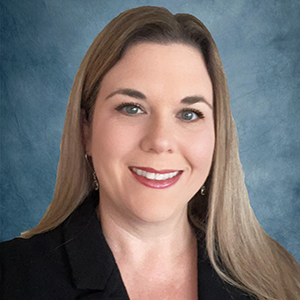
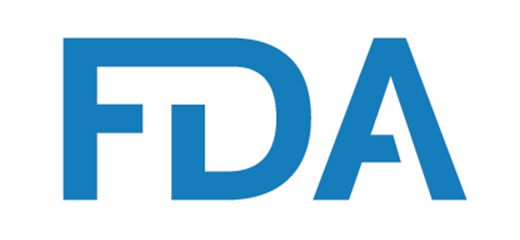
Laura C. Markley, Ph.D. is a toxicologist in the Division of Food Contact Substances within the Human Foods Program at the US FDA where she reviews premarket notifications and post market safety questions related to food packaging. She holds a bachelor’s degree in biology from Texas A&M University – Corpus Christi, a doctoral degree in biochemistry and molecular biology from the University of Maine, and a postdoctoral fellowship at the US FDA in CDRH. Laura remains active in her field by holding positions such as member of the OECD Genotoxicity Expert Group, on the steering committee for the International Workshop on Genotoxicity Testing (IWGT), HESI Genetic Toxicology Technical Committee (GTTC), VP-Elect for the Food Specialty Section of SOT, and Secretary for the Genetic Toxicology Association.


Peter Coneski Ph.D. is a senior scientific advisor in the Health Care and FDA practice at K&L Gates. Peter provides assistance in evaluating the regulatory compliance of food contact materials in the US and other jurisdictions. In addition, Peter advises clients on global sustainability initiatives, EPR schemes, and supports specialty chemicals and manufacturing clients as they navigate risks associated with emerging contaminants and other alleged toxins. Peter has a background in synthetic polymer chemistry and previously worked at the US Naval Research Laboratory developing functional paints, coatings, and fibers.


Mr. Kenny is an experienced regulatory attorney who has worked and consulted for nearly 30 years in the food and consumer products space. A food contact and food additive Subject Matter Expert, Mr. Kenny founded Decernis LLC in 2003, which grew to eventually cover food and consumer products regulations for every country in the world.
Decernis was acquired in June 2019 and Mr. Kenny became a member of the Executive Leadership Team at FoodChain ID in 2020 as SVP Compliance Services. In his final two years, Mr. Kenny worked with industry leaders to build out Packaging Sustainability product- and service offerings for FoodChain ID. He retired from FoodChain ID in April 2024 but continues to consult for them on a part-time basis.
Mr. Kenny recently founded a new online product safety and regulatory training company called Invenimus LLC, which will offer both in person and online global courses on all matters of chemical product safety, food and cosmetics packaging and regulatory compliance.]

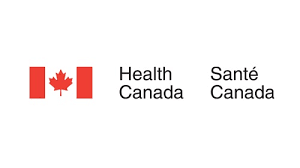
• Scientific Evaluator in the Food Packaging Materials and Incidental Additives Section of the Bureau of Chemical Safety at Health Canada since 2006.
• Our work includes conducting evaluation of the chemical safety of food packaging materials and Incidental Additives.
• Received a Bachelor in Science Honours Chemistry Co-operative Education Program at the University of Ottawa, Canada.

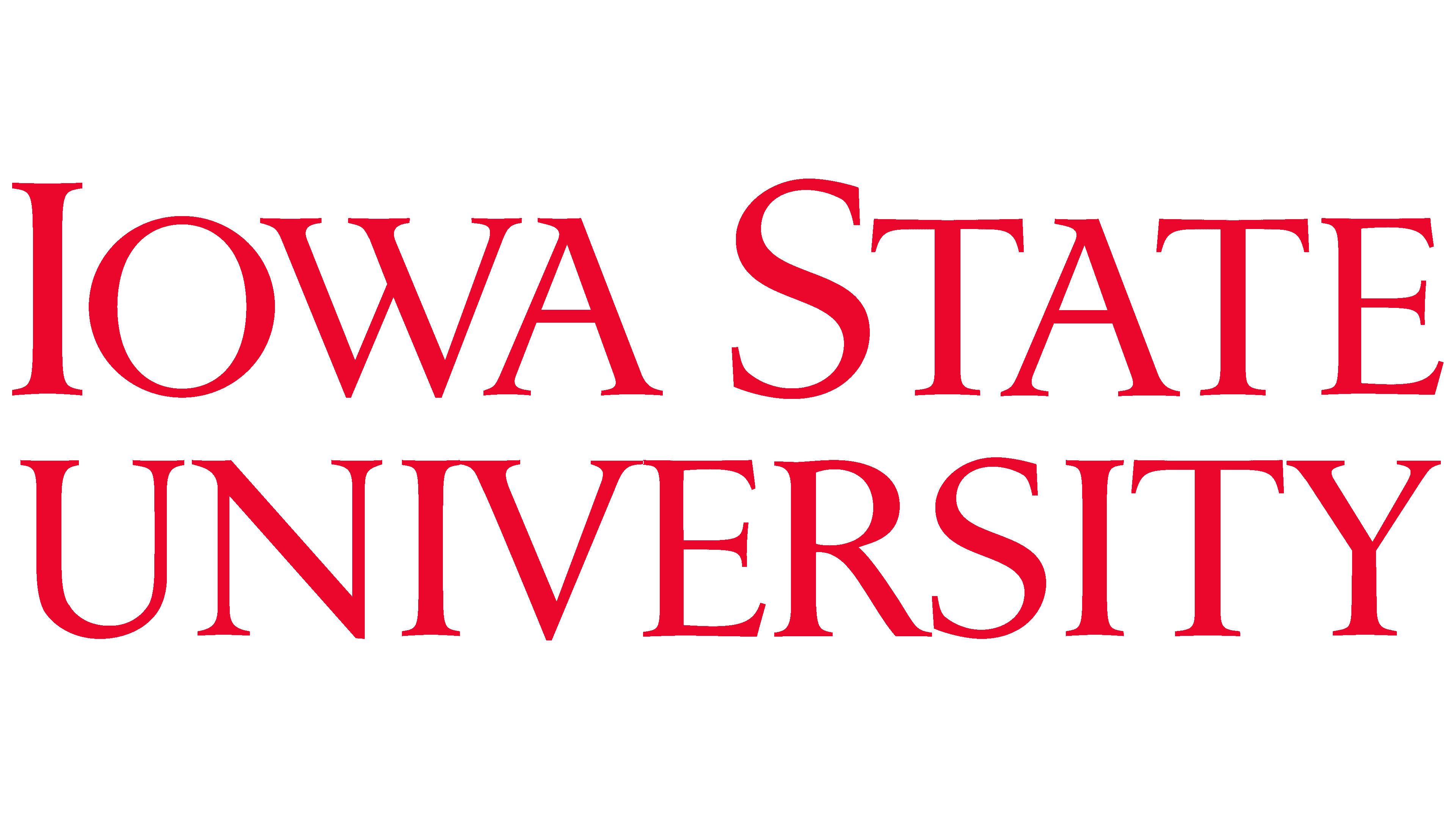
Dr. Vorst serves as the Director of the Polymer and Food Protection Consortium in the Department of Food Science and Human Nutrition at Iowa State University in Ames, IA. Dr. Vorst worked in industry for three major packaging companies and served as a consultant for a major automotive manufacturer prior to joining academia in his current position at Iowa State University. Dr. Vorst has 70 publications and 14 published or pending patents for plastics characterization, package design, contamination monitoring, medical device manufacturing, microbial testing methods, and polymer design. Dr. Vorst has done extensive work in method and sample preparation development for extractables in packaging materials and novel biobased packaging materials. Dr. Vorst has received awards for most cited research in Integrated Environmental Assessment and Management and Journal of Food Protection and has done extensive work in method and sample preparation development for PFAS analysis in packaging materials and novel coating, recycling, and adhesive technologies for multi-layer packaging structures. In addition to private and Polymer and Food Protection Consortium funding, Dr. Vorst is currently funded by the Institute for the Advancement of Food and Nutrition Sciences (IAFANS), the Beef Checkoff Program, three Department of Energy Grants (DOE), one Department of Defense grant (DOD), and the Food and Drug Administration (FDA) to evaluate recycling of plastic waste.
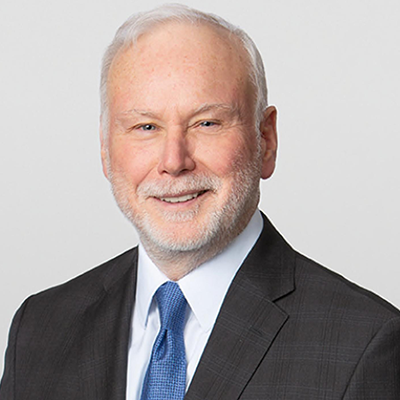

Mike is Senior Counsel in the Dallas office of Clark Hill. Mike formerly and for more than 15 years, led his firm’s Food and Drug Law Industry and Product Liability teams. He devotes his practice to counselling FDA regulated industry on compliance and defending complex enforcement and litigation matters. He has served as national coordinating counsel, regional trial counsel and as Texas counsel in a wide variety of complex litigation and enforcement matters involving medical products, environmental claims and claims against FDA regulated businesses. He Chaired the Drug Device and Biotechnology section for the Federation of Defense and Corporate Counsel (FDCC) and is licensed in Texas and New York. Mike has lectured and written extensively on issues involving litigation and enforcement and is the author of a law book entitled The Supply and Distribution of FDA-Regulated Products, and a number of book chapters on FDA law.


Danny Rubenstein provides strategic counseling to industry regarding regulatory compliance requirements for food packaging materials and food ingredients across the globe.
With a technical background in Industrial Engineering, Danny recognizes the importance of providing clients with timely and actionable advice regarding critical regulatory decisions that drive product innovation, marketing, and promotion. Danny leverages this experience to assist companies in proactively establishing compliance for products under the laws and regulations administered by the US Food and Drug Administration (FDA). He also is familiar with food contact material regimes in the European Union (EU) and jurisdictions throughout Asia and South America.


John has over 40 years of experience in various aspects of food production, food safety, quality assurance, sanitation, training, and auditing. He spent 25 years with Trident Seafoods, starting as a crab fisherman and then working in roles as plant manager, corporate HR, regulatory compliance, national account sales, FSQA, and then as the Director of Training and Development for the company. John is now an independent food safety consultant based in Vancouver, British Columbia. He enjoys working with clients to help them ensure food-safe products and he’s an expert partner at Cultivate SA for assessing and changing food safety culture in food businesses.
John is a citizen of both the USA and Canada. He has a broad understanding of the cultures and food companies in this vast region.


Scott Breen is President of Can Manufacturers Institute (CMI). CMI represents U.S. metal can manufacturers and their suppliers. His responsibilities include promoting the can as a sustainable/circular package, advocating for federal and state legislation and regulation that reflect the can’s sustainability advantages, and leading the industry’s efforts to build upon the can industry’s leading recycling rates.
Scott’s roles prior to CMI were associate manager of the Sustainability and Circular Economy Program at the U.S. Chamber of Commerce Foundation and attorney-adviser at the National Oceanic and Atmospheric Administration. Along with his position at CMI, Scott also explores various aspects of sustainability as creator and co-host of the podcast Sustainability Defined. Sustainability Defined has monthly episodes that reach thousands of listeners across more than 100 countries and all 50 states.


Lorenzo Macaluso, Chief Growth Officer, joined CET in 2000. Lorenzo is responsible for maximizing program impact and client benefits and contributes to growth through innovative and pilot efforts for the organization. With over two decades of experience in waste reduction and materials management, he has led initiatives that help businesses and institutions implement effective waste diversion, recycling, and food waste solutions. Lorenzo has a Master of Public Health with an Environmental Health focus and a Bachelor of Science in Natural Resource Management from the University of Massachusetts, Amherst, as well as certifications in Strategic Leadership and Nonprofit Financial Stewardship from the Harvard Extension School.

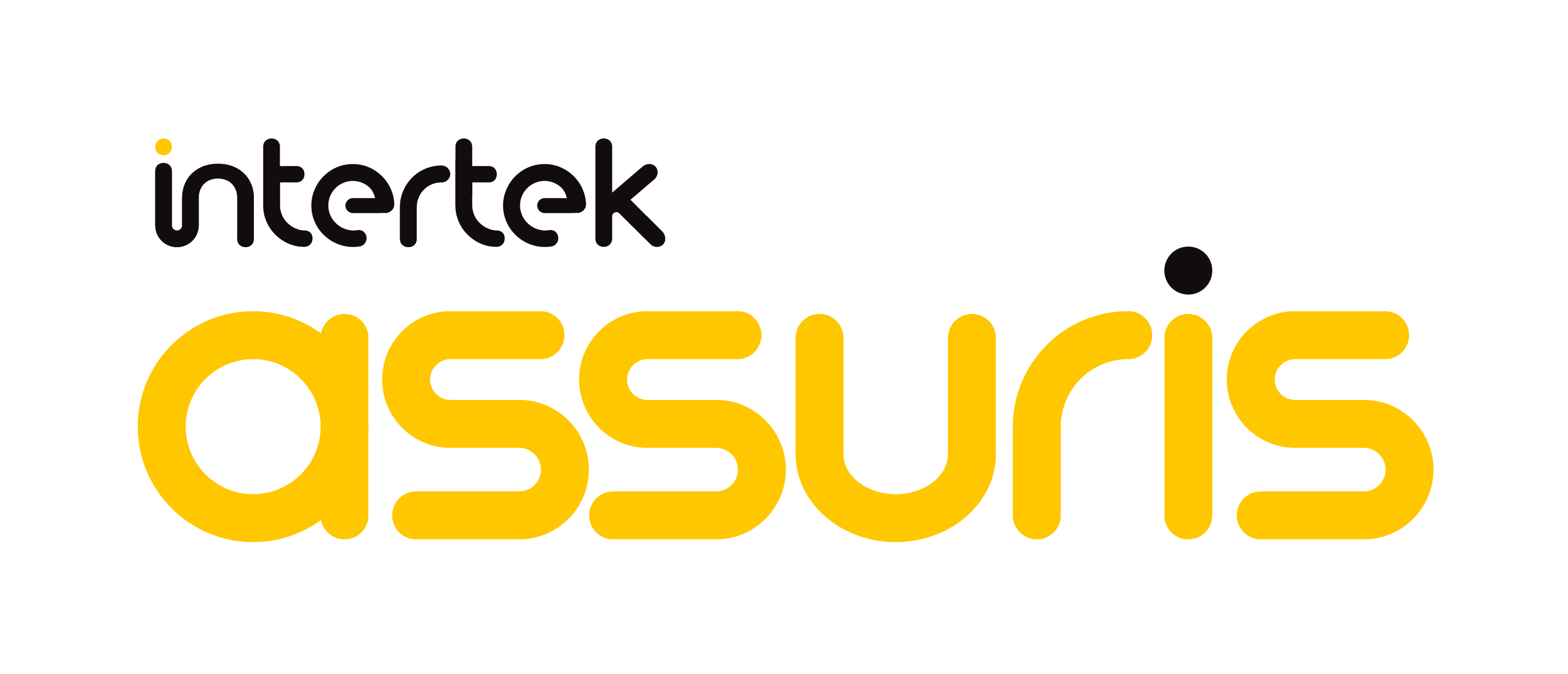
With over 50 years of professional experience as a Chemist, Business Manager and Vice President, Naeem Mady has been the Vice President of Regulatory Market Access at Intertek since 2010, Vice President Regulatory Services at Ciba Expert Services from 1996-2010, and Manager of Analytical regulatory services for Ciba-Geigy from 1983 to 1996. In his early career in the USA, he worked for Booz Allan Hamilton and Philip Morris. As the Vice President of Ciba Expert Services and Intertek, Mr. Mady has been responsible for the FDA and EPA regulatory compliance.
Mr. Mady has published and presented several papers in the field of Analytical Chemistry and Regulatory Compliance. He is the co-author of the Regulatory Aspects Section in the Plastic Additives Handbook and has written numerous articles in Management and Quality Systems newsletters.
On October 19, 2017, Mr. Mady was included in Marquis Who’s Who®, a reference resource for biographical and professional data about individuals of accomplishment. Marquis Who’s Who® June 2018.
Mr. Mady is a 50-year member of the American Chemical Society and served on the Board of Directors of Decernis, a company that offers a comprehensive regulatory management system. He has been the president of the Ocean Club Board of Directors in Boca Raton, FL since 2013.


Hélène has been working for over 20 years for the Finnish forest industry company, Metsä Board. She has held various positions within the R&D, product development as well as in the production unit.
Currently she works as a Barrier Development Director in Metsä Board’s Development function. Her main focus is the development of dispersion barrier coated boards and their applications. Previously, she worked closely in the customer interface where she entered deeply into customers’ requirements in order to find solutions for their packaging challenges.